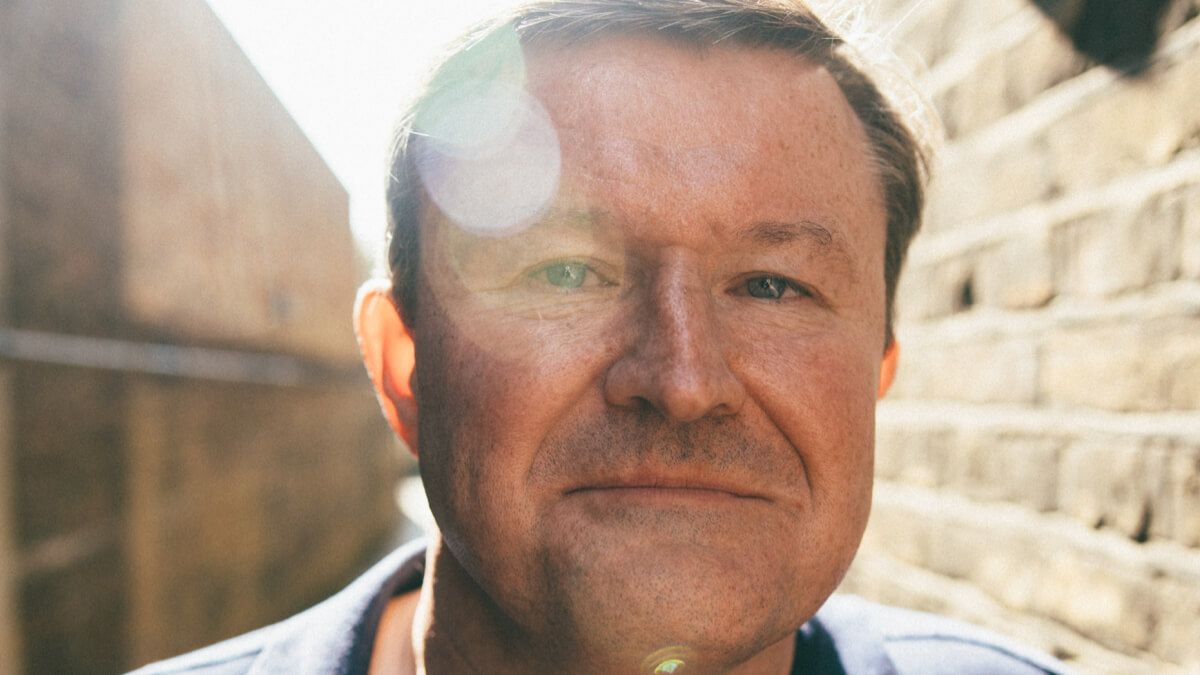Treatments
Hot flashes (hot flushes) after hormone therapy for prostate cancer

Until now, you probably never imagined dealing with hot flashes. However, for many men on hormone therapy to treat prostate cancer hot flashes are a normal and common experience. This is because hormone therapy drastically lowers testosterone, the main sex hormone for men, to very low levels.
What do hot flashes after hormone therapy feel like?
Hot flashes can be mild, moderate, or severe. You may find yourself sweaty and uncomfortable for a few seconds or, in some cases, you can feel hot and sticky for hours.
Mild hot flashes can last from a couple of seconds to a couple of minutes and may make you feel warmer than usual and a little uncomfortable.
Moderate hot flashes can cause you to feel too hot. You might sweat and find that you need to take off some layers of clothing.
Severe hot flashes can make you feel very hot and sweaty, and you may need to change your clothes or bedding. They can make some men feel irritable, uncomfortable, and sometimes sick (nauseous).
While hot flashes can be frustrating and uncomfortable, if you don’t feel they disrupt your daily life you might not need treatment. Ask yourself how much hot flashes bother you. If you feel like they’re going beyond your comfort level, there are several things you can do to cool down and take control.
Cooling down hot flashes caused by prostate cancer therapy
Making changes to your daily lifestyle as well as exploring which medications can help is key to managing hot flashes. Your doctor or care team can also recommend helpful lifestyle changes and medications.
Lifestyle changes
Some of the best things you can do to improve hot flashes include cutting back on alcohol, caffeine, and smoking. In fact, try to stop smoking altogether. You can find resources online to help you quit or ask your doctor or care team for help.
Some other things you can try to minimize hot flashes due to hormone therapy:
Keep physically active and maintain a healthy diet.
Cut back on spicy foods.
Go for a lukewarm bath or shower, rather than hot.
Drink plenty of water and fluids to stay hydrated and cool.
Keep your bedroom at a cool and comfortable temperature. If things get too hot, try keeping a fan nearby. Use light cotton sheets and wear cotton clothes to sleep in. These cotton materials help absorb sweat and should be easy to clean. Tip: Lay a cotton towel on top of your sheets to absorb sweat. This helps avoid washing your sheets too often.
Keep a journal to track when your hot flashes happen and how long they last. Track this activity for a few weeks, then speak to your doctor about your lifestyle changes and medications to see if they’re helping.
Medications
Several medications may help relieve the problems prostate cancer hormone therapy’s hot flashes cause, including how often you get them.
Your doctor may suggest you take:
Venlafaxine (Effexor) or sertraline (Zoloft). These are antidepressant medications that can also be used control mild hot flashes.
Gabapentin (Neurontin).
Megestrol (Megace), medroxyprogesterone (Provera), or cyproterone (Androcur). These are less frequently used for hot flashes.
The availability of these medications can be different depending on where you live.
Not every medication will be right for every person, so your doctor will need to discuss your options with you. You should especially inform your doctor if you have a history of heart disease, strokes, liver problems, or high blood pressure.
Complementary therapies
While medicines and lifestyle changes are good options, some men have found success with complementary therapies to treat hot flashes due to prostate cancer hormone therapy. These therapies work alongside other treatments and include:
Acupuncture (inserting thin needles into the skin, which might increase energy levels).
Hypnotherapy (a therapist relaxes you with their voice and may put you in a trance).
Cognitive behavioural therapy (CBT, incorporating positive thoughts and beliefs to change unhelpful behaviours).
Herbal remedies (using plants, herbs, oils, and tea to improve your problems). It’s important to remember that some herbal remedies may change the way medications work in your body, so speak to your doctor or pharmacist before taking any additional supplements.
These complementary therapies may not be widely recommended by doctors and not everything is known about how useful they may be. Before trying a complementary therapy, please talk to your doctor about your options.